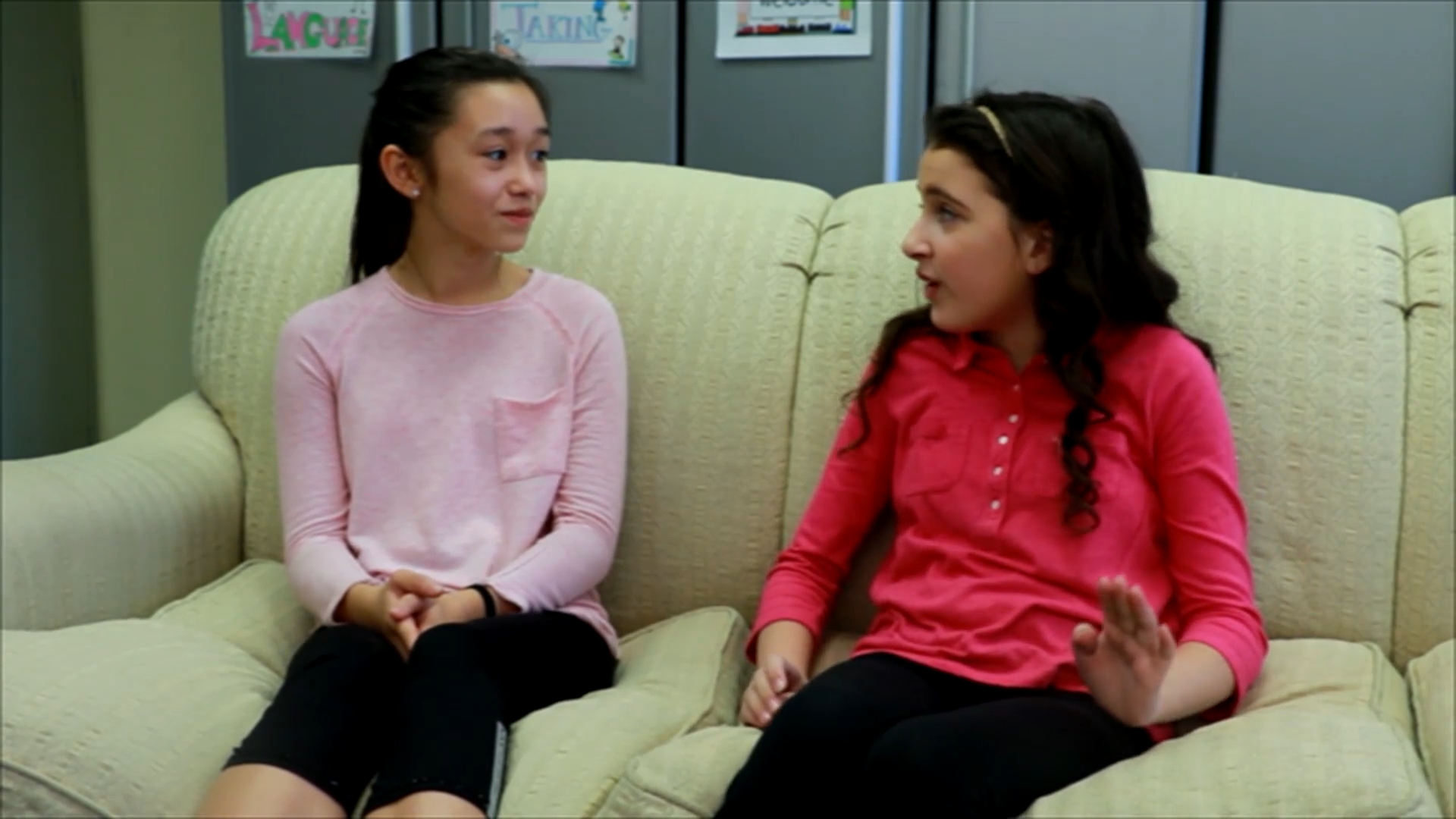
Storytelling is an essential skill for children to develop as they grow. It helps them to communicate, express their feelings, and connect with others. In this blog post, we will discuss how to teach storytelling skills to kindergarten students using a simple, no-prep activity and engaging discussion questions. Additionally, we will explore other related skills that can help students become effective communicators.
Introduction
Teaching storytelling skills to young learners involves helping them understand the basic structure of a story and how to convey their experiences effectively. By encouraging students to share their experiences in a structured manner, we can foster their abilities to communicate and connect with others. This process also supports the development of social-emotional learning skills, which are crucial for building healthy relationships and navigating social situations.
No-Prep Activity: “Weekend Recap”
This activity requires no preparation or materials from the educator and can be easily implemented in any classroom setting. The goal is to help students practice storytelling by sharing their weekend experiences.
- Ask each student to think about their weekend and choose a highlight or event they would like to share.
- Encourage students to share their story using three to four sentences, including details about where they went, what they did, and who they were with.
- Have each student take turns sharing their story with the class. As they share, remind them to include the necessary details and maintain a clear, concise structure.
- After each student has shared, praise their efforts and provide constructive feedback on their storytelling skills.
Discussion Questions
Use these questions to stimulate further discussions about storytelling and communication skills:
- Why is it important to include details in our stories? How do details help others understand our experiences better?
- How can we make sure our stories are not too long or too short? What strategies can we use to maintain a clear structure?
- Why is it important to practice storytelling skills? How can storytelling help us connect with others and express our feelings?
- Can you think of a time when you shared a story with someone and felt a stronger connection with them? How did that make you feel?
Related Skills
Beyond storytelling, there are other related skills that can help students become effective communicators. These include:
- Active Listening: Encouraging students to listen carefully to others’ stories helps them develop empathy and understanding.
- Nonverbal Communication: Teaching students to use body language and facial expressions can enhance their storytelling abilities.
- Asking Questions: Encouraging students to ask questions about others’ stories can deepen their engagement and understanding.
- Expressing Emotions: Helping students identify and express their feelings can make their stories more relatable and engaging.
Next Steps
Teaching storytelling skills to kindergarten students is an important step in fostering their social-emotional development. By incorporating simple activities like the “Weekend Recap” and engaging discussion questions, educators can help students build their communication skills and connect with others.
To explore more resources and activities that support the development of storytelling and other social-emotional learning skills, sign up for free sample materials at Everyday Speech. These resources can help you create a nurturing and supportive environment for your students to grow and thrive.

